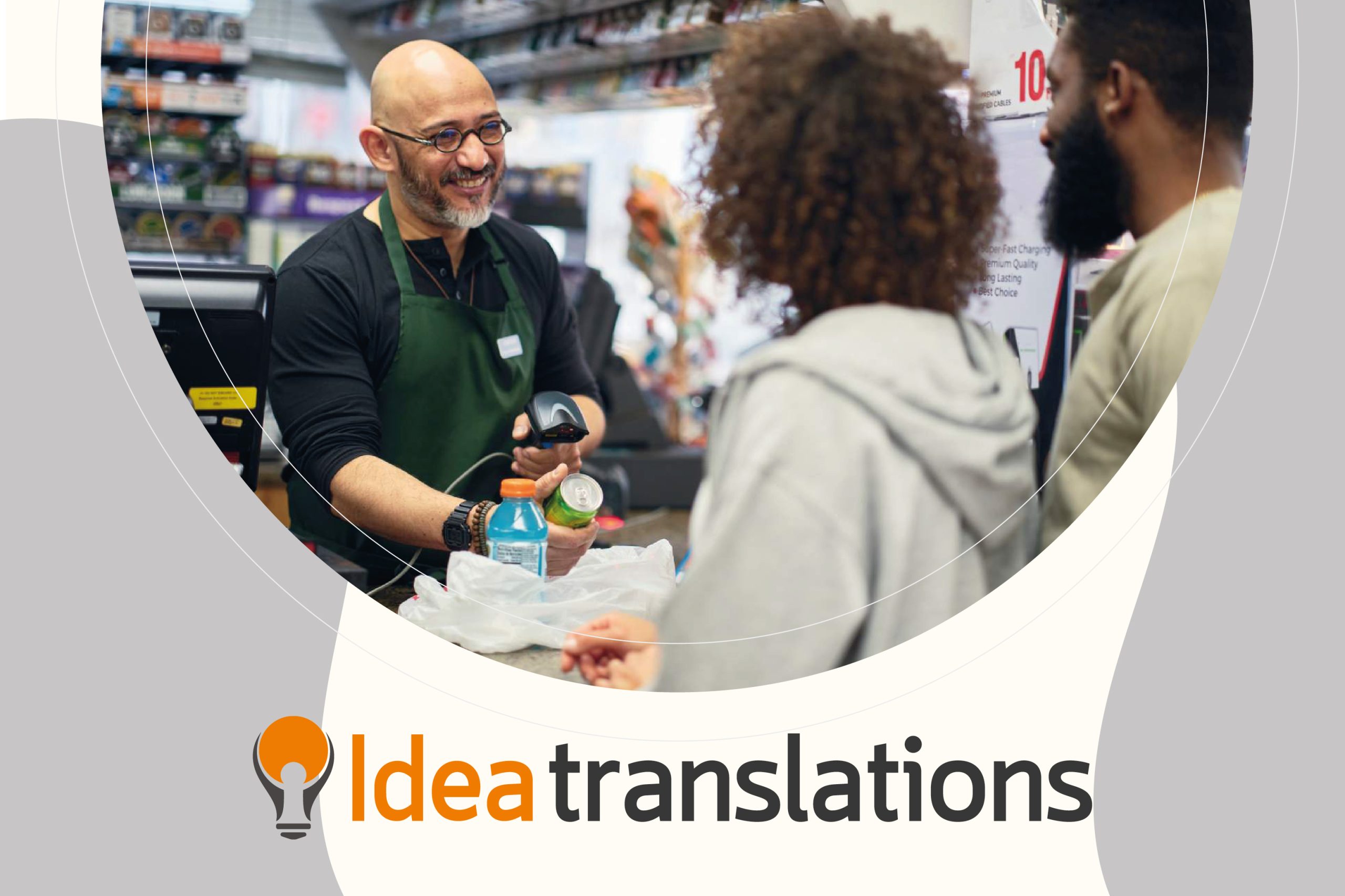
CASE STUDY: STELARR – Standardized Tobacco e-Training for Responsible Retailers
PROJECT: STELARR
SERVICE: Armenian eLearning Translation and Design
FORMAT: 7 eLearning Courses
SUBJECT MATTER: Legal/Education
THE PROJECT:
STELARR (Standardized Tobacco e-Training for Responsible Retailers) is an initiative designed to educate tobacco retailers in Los Angeles on responsible selling practices. This project emphasizes the crucial role of adhering to local laws and actively participating in tobacco-related investigations. By empowering retailers with the right knowledge, STELARR is committed to fostering a healthier Los Angeles by preventing youth tobacco sales and eliminating flavored tobacco products.

OUR CHALLENGE:
This eLearning project involved translating and adapting 7 courses, which included 88 audios, 11 PDFs, and over 40 images, into Armenian. The topics ranged from “tobacco investigations, the impact of nicotine on the developing brain, laws and regulations around tobacco retail,” and other key modules for responsible tobacco trade in Los Angeles.
The Armenian language presented a significant challenge, not only due to its unique character system and cultural differences, which required much more than a literal translation, but also because it was our first time working with this language on the eLearning platform Rise, which led to some technical issues. From a design standpoint, we faced challenges that directly impacted the visual elements of the original course. It was not enough to simply “copy and paste”; it was essential for the design to maintain its functionality and coherence within the Armenian cultural context. Additionally, the English source courses was still undergoing some final edits on the client side.
On top of this, we were dealing with a new client and a very tight deadline: we had just over 20 days to develop and deliver the courses. This meant that each adjustment became a race against the clock.
OUR SOLUTION:
To tackle these challenges, we organized a key meeting with all Idea Translations production teams involved in the project. Together, we analyzed every detail, and despite the constraints, we managed to structure the materials and the timeline precisely, setting clear priorities and deadlines for each task. This coordination was crucial, enabling us to maintain efficient organization and a well-defined schedule.
As for the technical issues that arose with the platform, we resolved them as we went, ensuring that the 7 courses maintained uniformity and coherence in both design and content.

As the courses neared completion, we needed to make final adjustments to align the Armenian course with the English version, which was still undergoing formatting revisions when we began translating. Given the tight launch deadline, we made the strategic decision to begin translation early, leaving final touch-ups until the English source was complete. This approach allowed us to maintain momentum, though it required additional edits at the end to ensure consistency across both versions.
Despite the time constraints and the complexity of the Armenian language, thanks to this strategy and the commitment of the entire team, we overcame every obstacle and delivered the project on time and in full, without compromising quality. The client was extremely satisfied with the result, even exceeding their expectations.
Each team member contributed with their talent and dedication, which not only allowed us to meet the objectives but also to raise our quality standards. This commitment reflects how our professionals face challenges, grow from them, and excel in every project.



